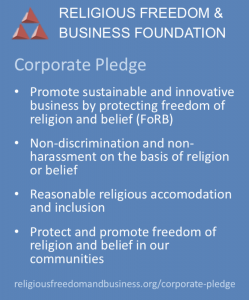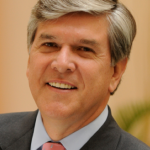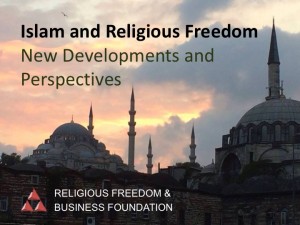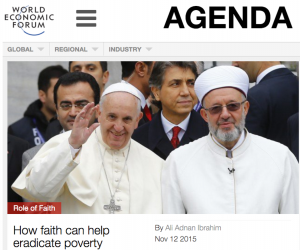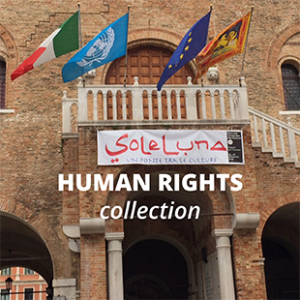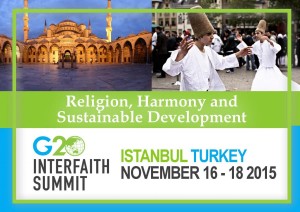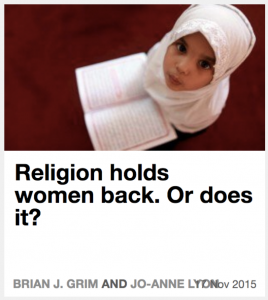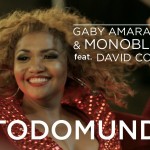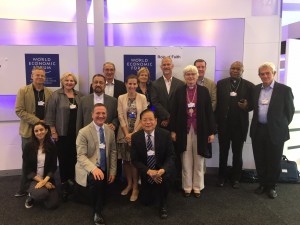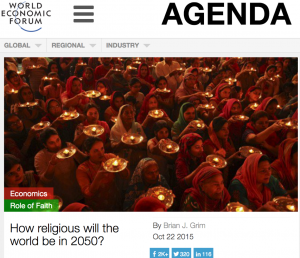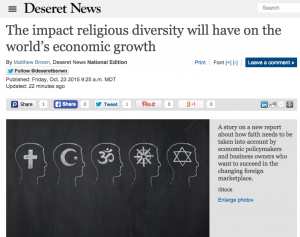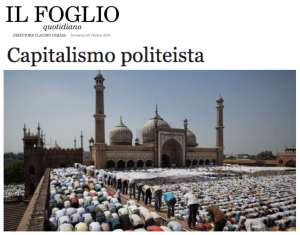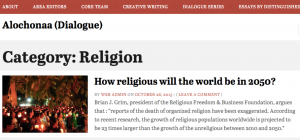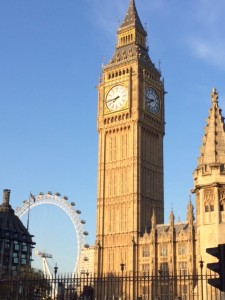 Rt. Hon Stephen Timms MP who, using Dr Brian Grim’s extensive research, made particular mention of the “positive correlation of religious freedom and economic prosperity.”
Rt. Hon Stephen Timms MP who, using Dr Brian Grim’s extensive research, made particular mention of the “positive correlation of religious freedom and economic prosperity.”
On Human Rights Day, Thursday 10th December, members of the All Party Parliamentary Group for International Freedom of Religion or Belief (FoRB), secured a debate in the Main Chamber of the House of Commons. The debate considered Human Rights across the World with APPG members and others raising the relationship between FoRB and thematic Government priorities including, security, countering extremism, economic prosperity, overseas development aid and stabilisation of Syria.
In an unprecedented event, the House of Commons held a debate on International Human Rights Day which considered human rights across the world. The Backbench debate was secured by Jim Shannon MP (Co-Chair of the APPG for International Freedom of Religion or Belief), Fiona Bruce MP and Stephen Timms MP. It received considerable cross-party support, with members of all parties raising a broad range of human rights concerns from executions in Saudi Arabia, political prisoners in Burma to persecution of Ahmadis in Pakistan as well as many more individual and country-based cases.
While debates around specific countries with human rights concerns and human rights themes have occurred in the last parliament, there has not been a wide-ranging debate on human rights, analysing the UK’s current policy on human rights, within the last government or even the current government so far. Securing this debate was truly an historic moment.
Jim Shannon MP stressed the importance of holding the debate to coincide with Human Rights Day, which commemorates the day that, in 1948, the United Nations General Assembly adopted the Universal Declaration of Human Rights. This year’s Human Rights Day is particularly poignant with the launch of the 50thanniversary of the two International Covenants on Human Rights – the International Covenant on Economic, Social and Cultural Rights and the International Covenant on Civil and Political Rights – that will occur next year.
Considering the unique nature of the debate, Mr Shannon proposed that the House should have an annual debate in the Chamber regarding International Human Rights to coincide with the Foreign and Commonwealth Office’s publication of their Annual Report on Human Rights.
During the debate, members of the APPG took a revolutionary approach in linking the freedom of religion or belief with Government priorities to highlight the importance and benefits of promoting human rights and, in particular, FoRB. This linkage unravelled the misguided notion that the promotion of human rights is a hindrance to our national interests. Members emphasised that promoting rights, including FoRB, is beneficial to our national interests. Members spoke about how FoRB assists in creating conditions conducive for security, economic prosperity, countering extremism and fostering peaceful and stable societies.
Mr Shannon spoke about how greater religious freedom leads to better security, stability and economic growth and that it reduces extremism, societal tensions, violence and even poverty. These points were elaborated by other members including Rt. Hon Stephen Timms MP who, using Dr Brian Grim of the Berkley Center’s extensive research, made particular mention of the “positive correlation of religious freedom and economic prosperity”, while Tom Tugendhat MP spoke of religious freedom and extremism and Alan Brown MP outlined the need for religious freedom in any new constitutional or legal orders in conflict states such as Syria for transition into a stable and peaceful society to occur. Fiona Bruce MP and Jeremy Lefroy argued that we cannot have long term development without freedom and that DfID must begin playing a more active role in the promotion of freedoms and rights. Mr Lefroy explicitly linked freedom of religion or belief to the four objectives of DfID’s November 2015 New Aid Strategy.
Members from across the House shared sentiments of urging the Government to speak out about religious freedom and other human rights abuses, calling the Government to pro-actively ensure that its current policies do not directly or indirectly support human rights violations.
The debate saw the freedom of religion or belief mainstreamed as a human right, with the Undersecretary of State, James Duddridge MP, explicitly mentioning the crucial role that freedom of religion or belief plays in countering extremism. Mr Duddridge also spoke of the profound concern that the Government has for FoRB and their commitment to uphold the rights of all religions and minorities.
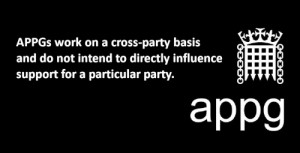 All Party Parliamentary Group for International Freedom of Religion or Belief
All Party Parliamentary Group for International Freedom of Religion or Belief
Media Release: Issued 10 December 2015 APPG for International Freedom of Religion or Belief: Human Rights Day Debate
Contact: Gurinder Jhans
Phone: +44 (0) 207 219 2446
Email: jhansg@parliament.uk


